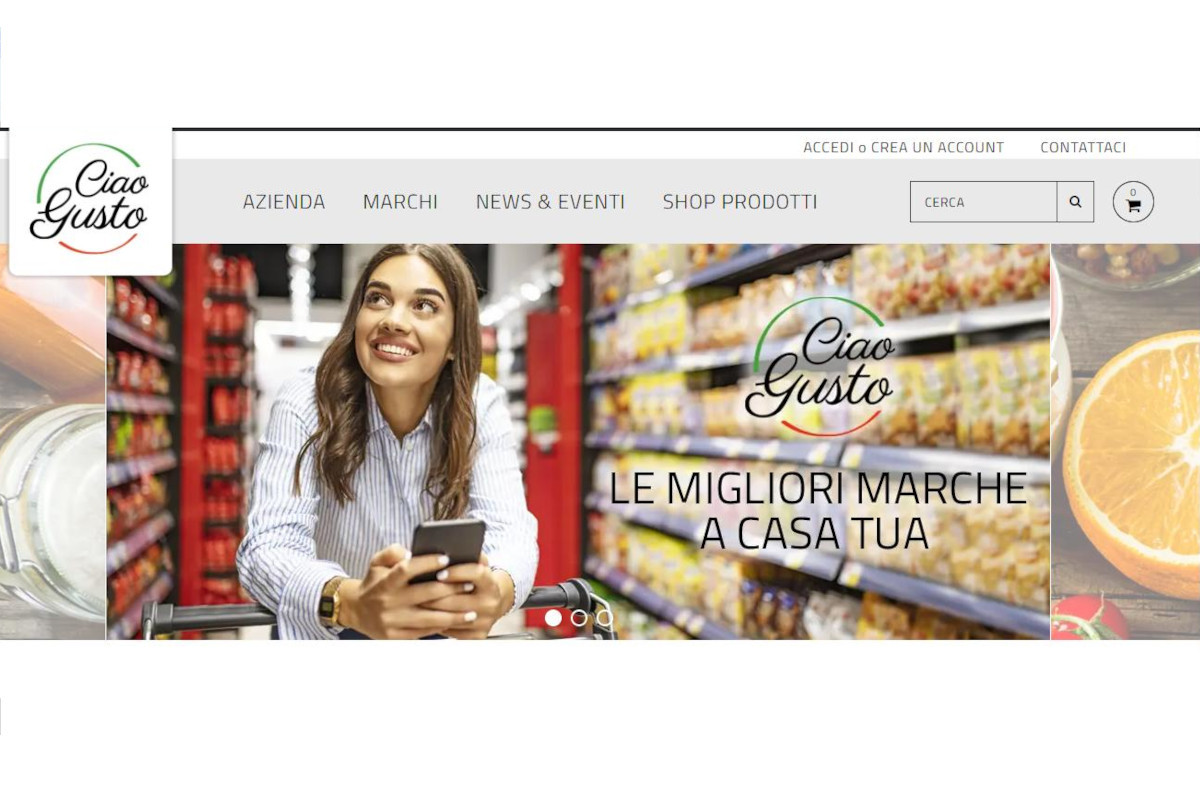
The Covid-19 pandemic has hit Italian exports hard, with a -9.7% drop in 2020. However, many companies have quickly converted to e-commerce, recovering some or all of the lost ground. Exports through online sales of consumer goods have in fact reached the value of 13.5 billion euros, with a growth of +14% in 2020.
And so, according to the Osservatorio Export Digitale (Digital Export Observatory) of the School of Management of the Politecnico di Milano (Milan Polytechnic), the online sales’ share on total exports of consumer goods has increased from 7% in 2019 to 9% in 2020, and to 3% on total exports (from 2.5% in 2019).
Click here to discover the authentic Italian F&B products on Italianfood.net platform
Overall, Italy does not seem to have lost competitiveness in foreign markets, as confirmed by the ISTAT Competitiveness Report. Among the reasons why Italy’s weight in the trade balance has held there is the rapid conversion to “digital exports”. A quarter of companies (about 260 thousand units) reacted to the crisis by introducing new products, diversifying sales and supply channels (including the transition to online services and e-commerce) and intensifying production relationships with other players.

ITALIA DEL GUSTO CONSORTIUM
The companies that had already positioned themselves on the market were the ones that fared better. “Italia del gusto” consortium, for example, was created as a showcase and online sales center as well as for the promotion of high-quality brands of Italian food products. “In Great Britain we have been present for five years with the Ciao Gusto initiative, and we have an agreement for distribution with Ocado. Last year we recorded a +50% increase in sales,” – says Alberto Volpe (in the picture above), general manager of the consortium.
Food is Italy’s second best exporting sector as for e-commerce. It has grown by +46%, with a value of 1.9 billion euros, equal to 14% of total digital exports and 4% of total food exports.
